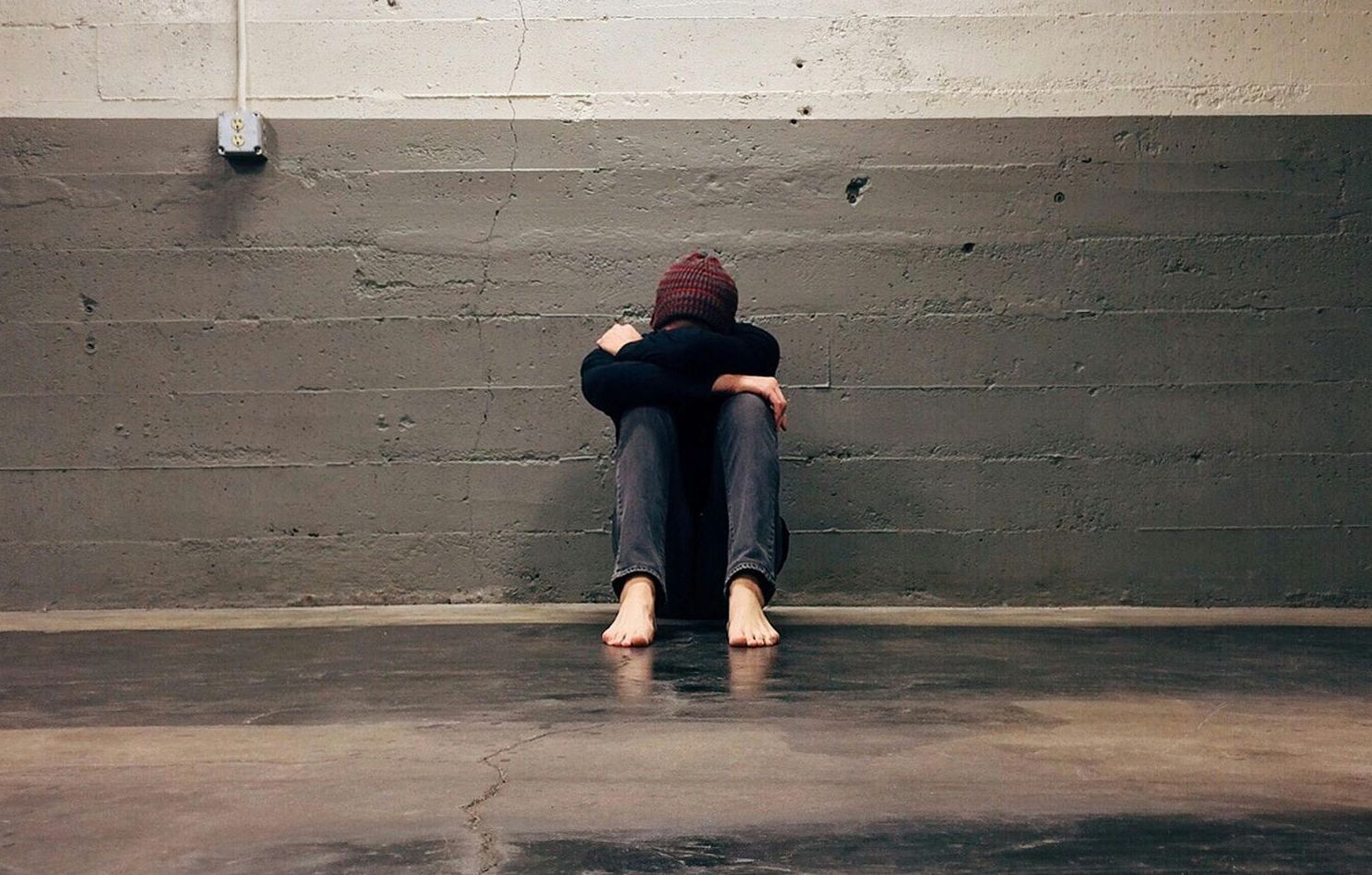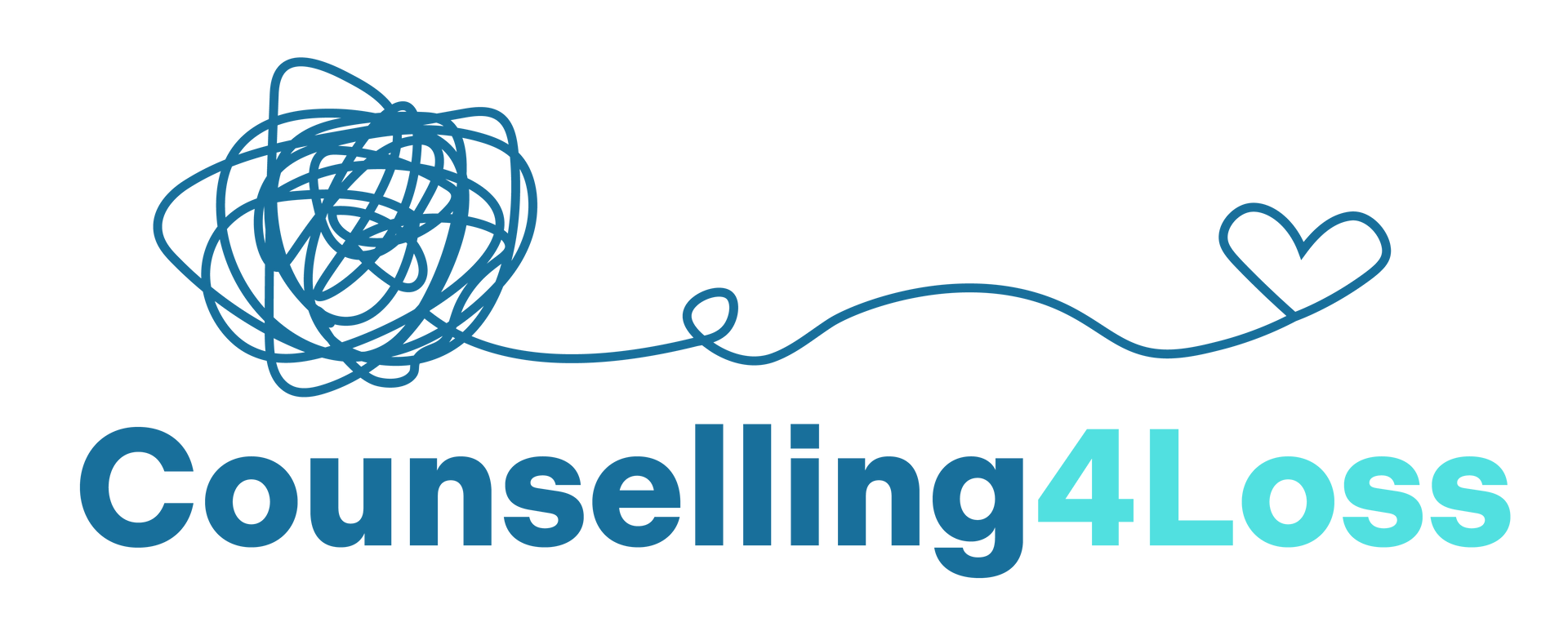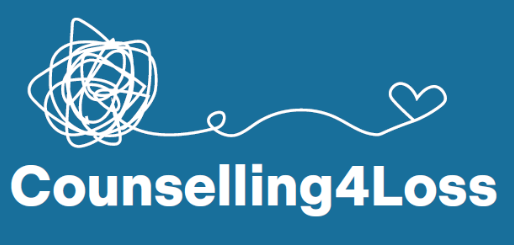Loss and grief associated with caring for an ageing or dying loved one
Caring for someone who is ageing or nearing the end of life can be one of the most profound and challenging experiences a person goes through. While it’s an act of deep love and dedication, it can also take a heavy emotional toll on family
caregivers. Research shows that when someone experiences intense grief before a loss, they may also feel it more strongly afterward (Breen et al., 2020). That’s why it’s so important to acknowledge these feelings early and seek support.
Many caregivers focus entirely on the needs of their loved one and put their own wellbeing on hold. It’s completely understandable—but it can mean missing the chance to process emotions and prepare for what’s ahead. When grief is pushed aside, it can show up later as anxiety, depression, or prolonged grief (Meischner et al., 2016). Getting professional support before a loss doesn’t mean you’re not coping —it’s a way to care for yourself and make space for healing, now and later.
Caring for a loved one through their final chapter can leave family members feeling especially vulnerable after the loss. One study (Breen et al., 2020) found that caregiving impacts more than just emotions—it can affect physical health and overall
quality of life, and it can take close to a year to truly begin adjusting after a loss. This is why ongoing support for caregivers—before, during, and after loss—is so important. Group bereavement support can offer a sense of community, social
connection (Maass et al., 2019) and shared understanding. It helps to know you are not the only one walking this path.
Sometimes grief begins long before someone is gone. If your loved one is living with dementia, a terminal illness, or the changes that come with ageing, you may already be grieving the relationship as it once was. This kind of sorrow is called anticipatory grief—and when others don’t recognise or acknowledge it, it can feel isolating. This is known as disenfranchised grief, and it’s very real.
Joining a support group with others who understand what you are going through can be a powerful step. It helps normalize your experience, brings a sense of validation, and reminds you that your grief matters. If you are looking for that kind of space, we invite you to connect with
Counselling4Loss. You’ll find community, acknowledgment, and compassionate support—both now and in the time ahead.
References
Breen, L.J., Aoun, S.M., O’Connor, M., Johnson, A.R. & Howting, D. (2020). Effect of caregiving at end of life on grief, quality of life and general health: A prospective, longitudinal, comparative study. Palliative Medicine, 34(1), 145-154.
Maass, U., Hofmann, L., Perlinger, J., & Wagner, B. (2022). Effects of bereavement groups – a systematic review and meta-analysis. Death Studies, 46(3), 708–718.
Meischner, F., Schinkothe, D. & Wilz, G. (2016). The Caregiver Grief Scale: Development, exploratory and confirmatory factor analysis and validation. Clinical Gerontologist, 39(4), 1-20.






